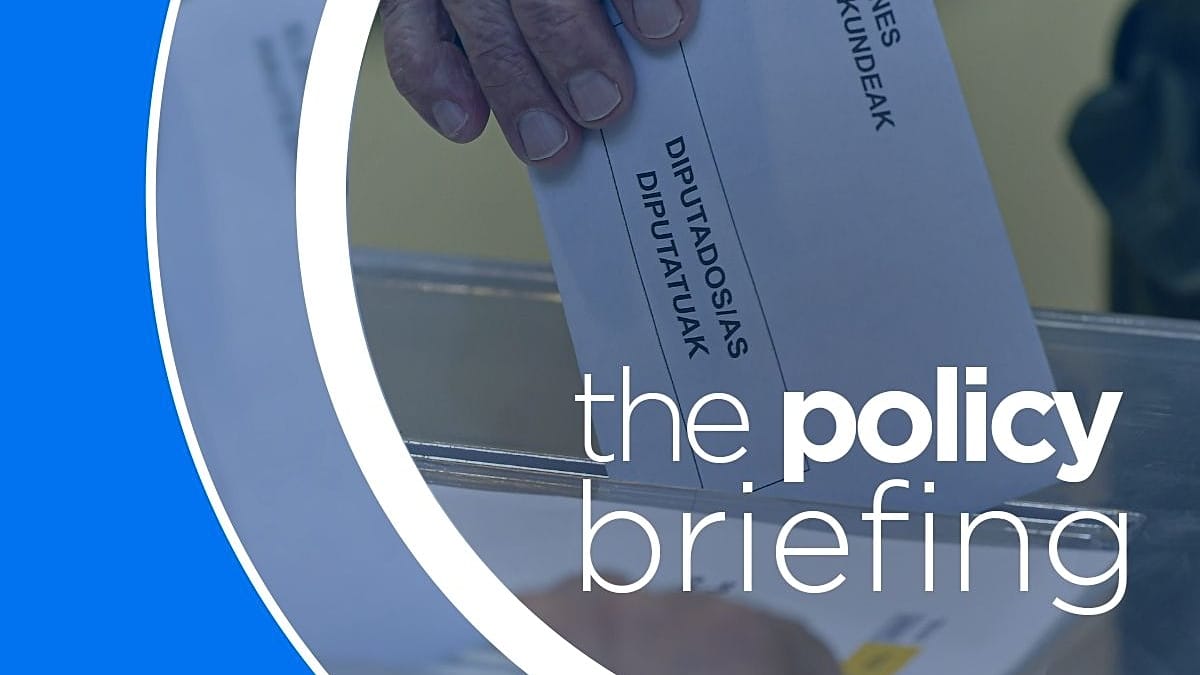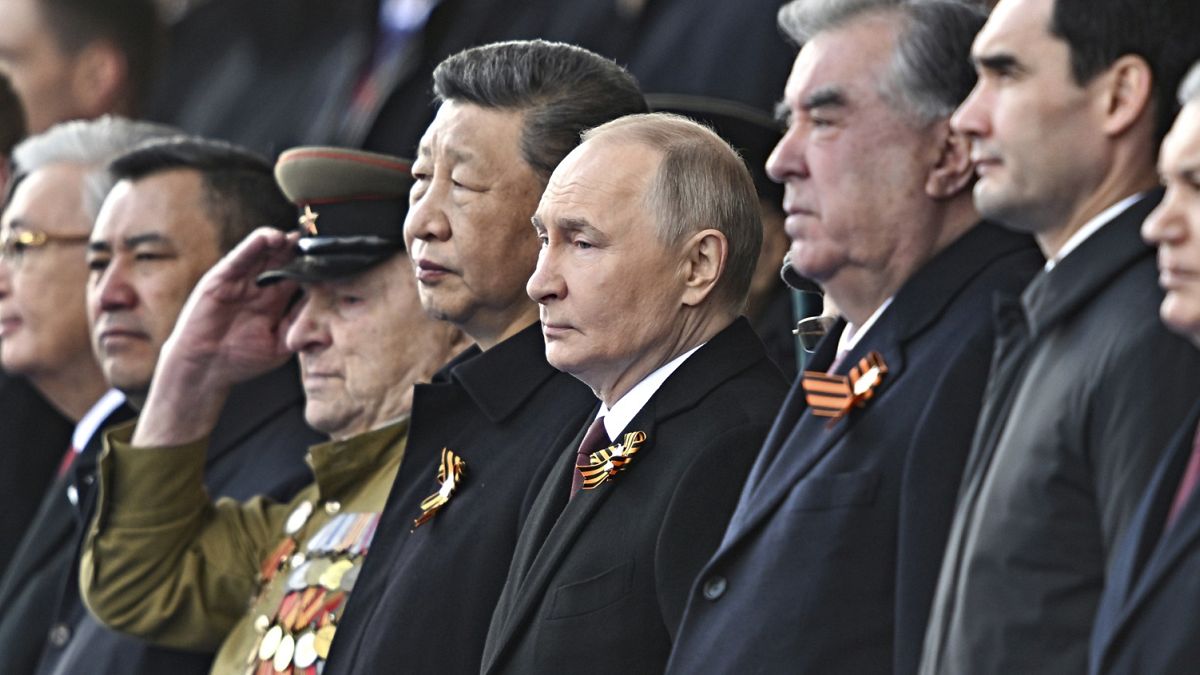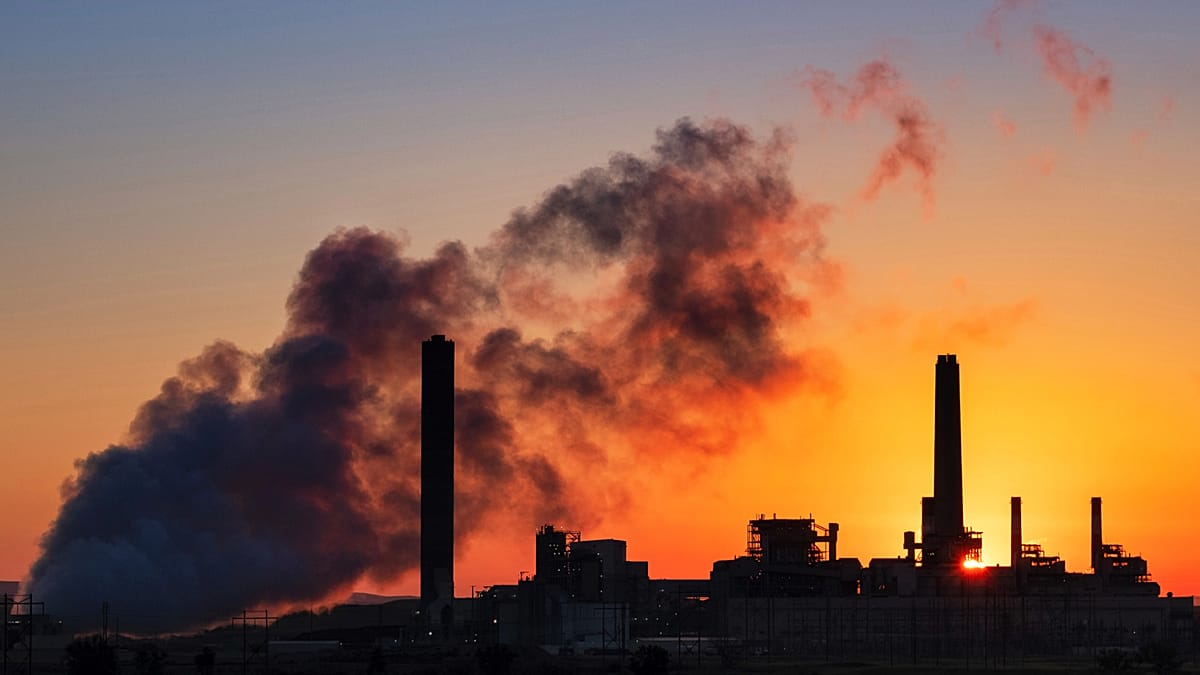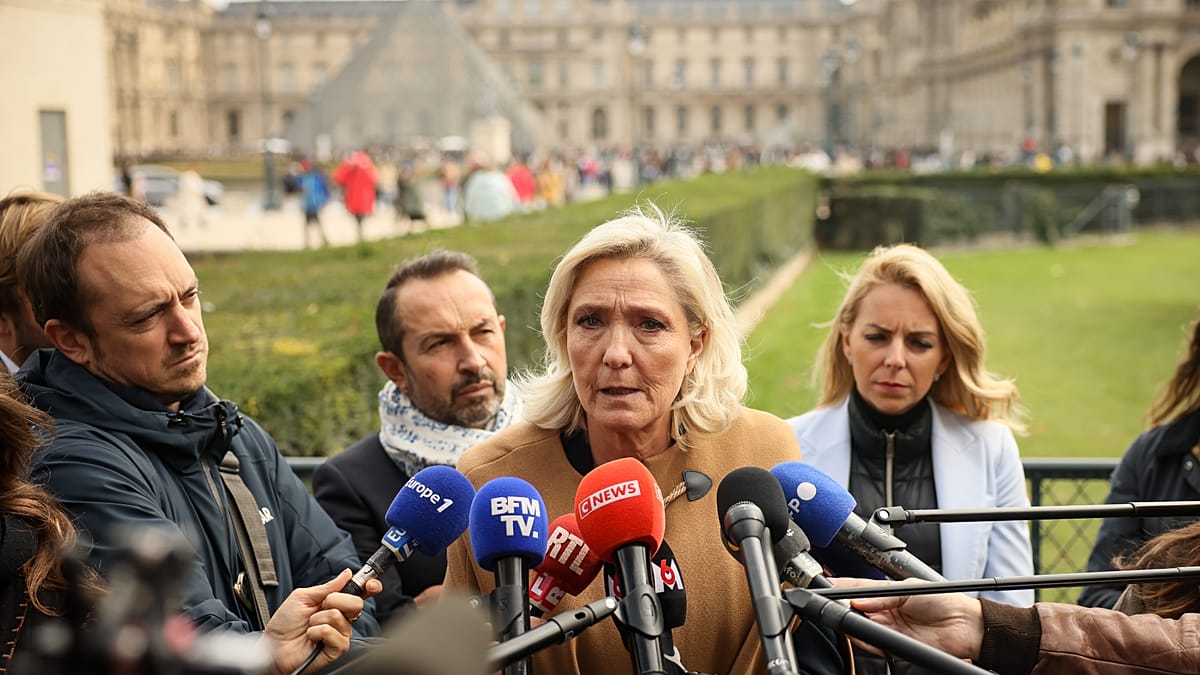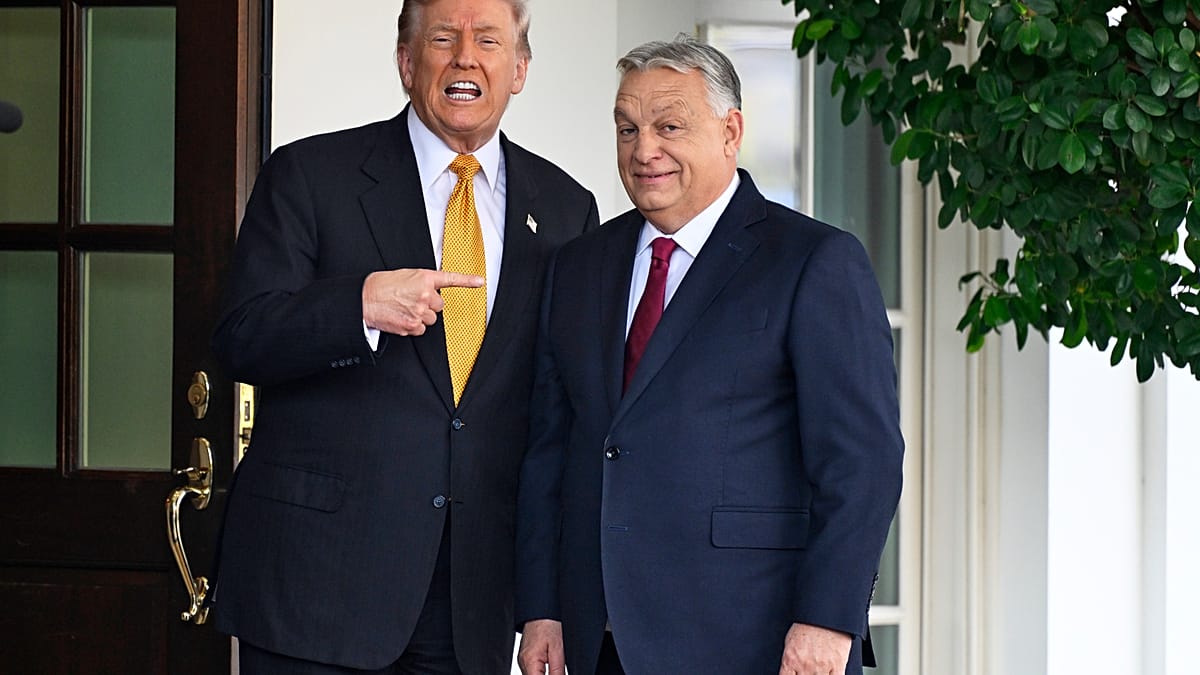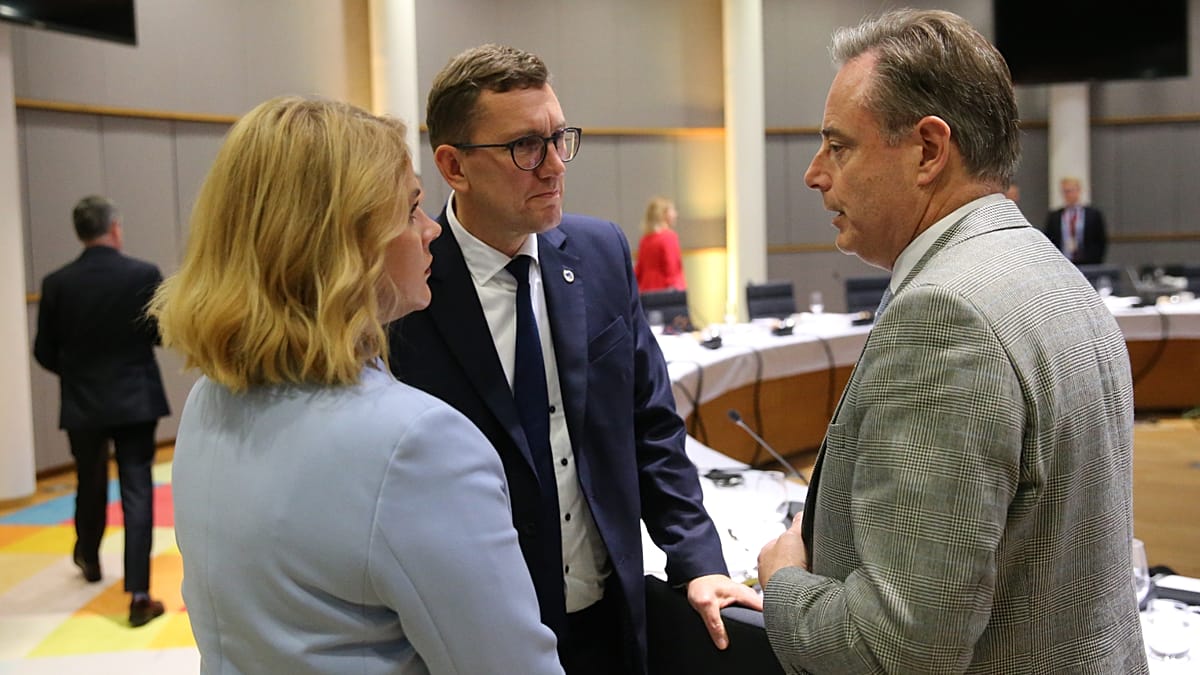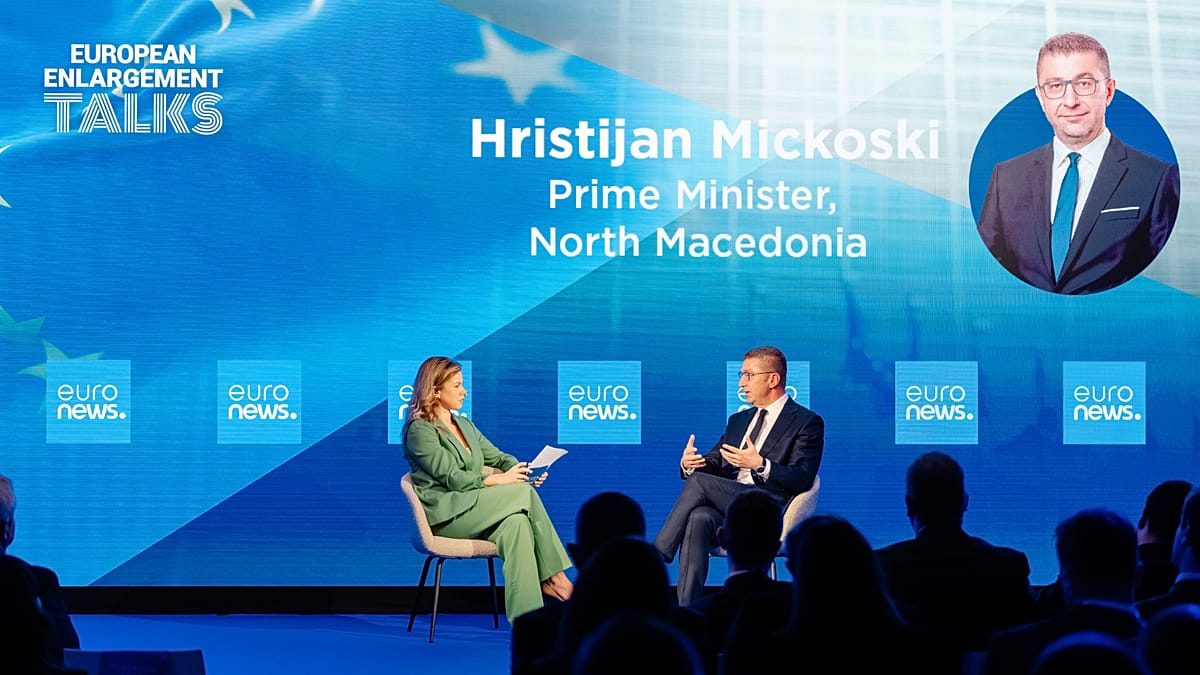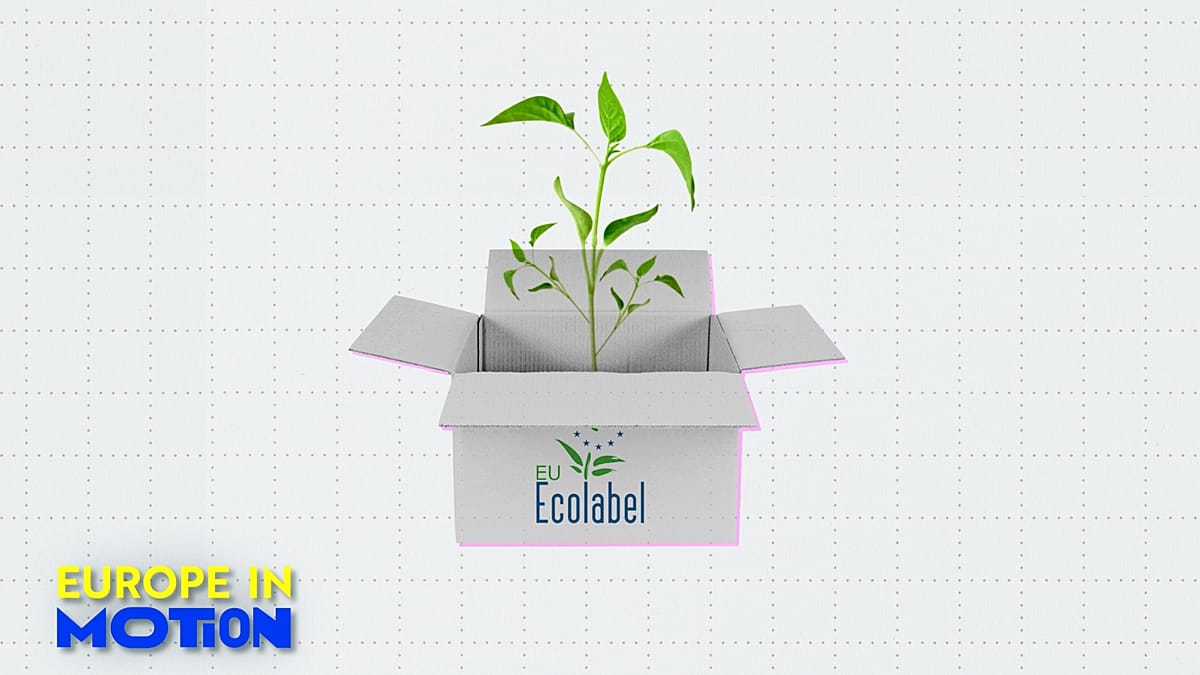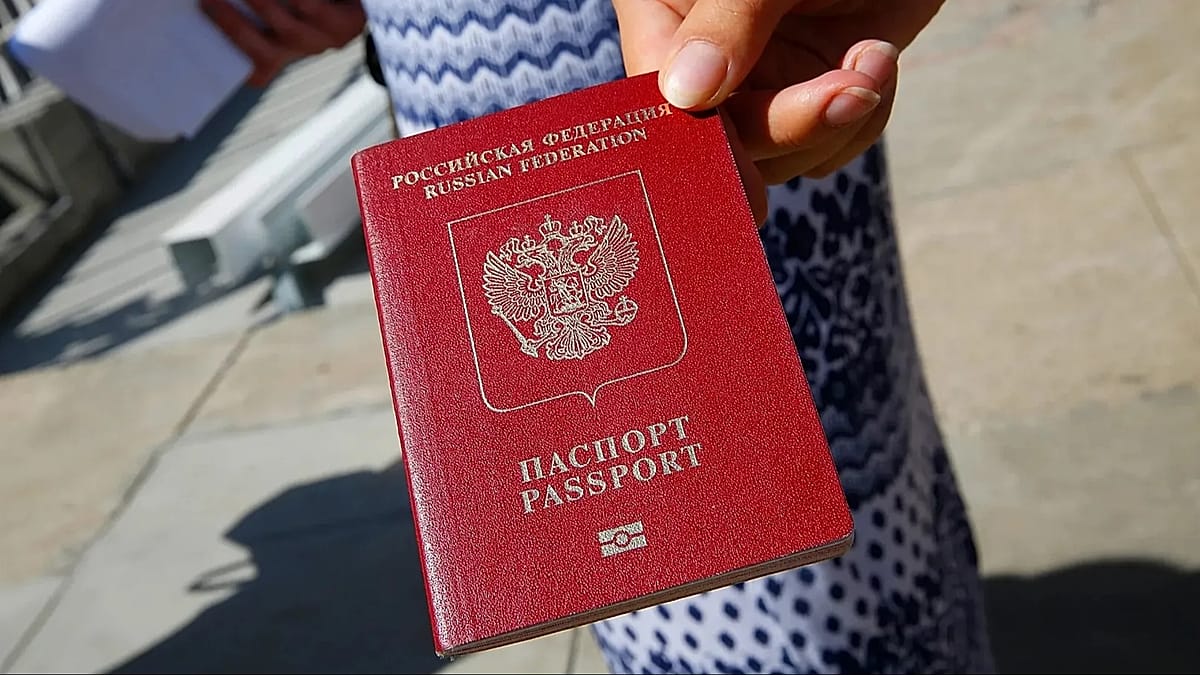ADVERTISEMENT
When the 27 foreign affairs ministers of the European Union meet in Copenhagen on Saturday, they will face one burning question: What do we sanction next?
Russia’s relentless campaign of killing and terrorising Ukrainian civilians, which this week severely damaged the EU delegation in Kyiv, has hardened the resolve to tighten the screws on Moscow’s war economy and force Vladimir Putin to the negotiating table.
“The discussions are ongoing, and as you know, we always put a lot of things on the table. And then eventually we have to agree,” High Representative Kaja Kallas said on Friday upon arrival in Copenhagen.
“Everybody understands that, considering how Putin is mocking the peace efforts, the only thing that works is pressure.”
But after 18 rounds of unprecedented, far-reaching sanctions, what Brussels will include (and exclude) in the 19th package is far from clear.
Ahead of the ministerial meeting, the Danish presidency of the EU Council prepared a four-page document with several questions to stimulate the nascent debate and send political signals on where to go next.
The paper, seen by Euronews, name-checks Russia’s oil, gas, financial and cryptocurrency sectors as potential targets, together with the “shadow fleet” that Russia employs to bypass the G7 price cap and the use of tariffs to stifle bilateral trade.
Its most notable suggestion, though, is the activation of the “Anti-Circumvention Tool” that the bloc introduced two years ago to punish countries that help Russia get hold of the critical goods and materials forbidden by the West.
“Are we ready to apply the tool?” the paper asks readers.
Until now, it has never been used.
The never-ending fight
Fighting the circumvention of sanctions has often been compared to a whack-a-mole game: once a loophole is identified and closed, three new ones emerge.
In the early days of the war, the EU was reluctant to go after companies outside Russia, fearing international repercussions. But as evidence of blatant evasion began mounting, it was forced to act and extend its sanctions regime to all corners of the world.
Coincidentally, the firms that were blacklisted for enabling circumvention were based in countries that maintain warm ties with Russia. China, India, the United Arab Emirates, Turkey, Uzbekistan, Serbia and Vietnam were among the locations.
Still, the focus was on individual names, meaning a new entity could be quickly set up under obscure ownership to replace the previous one.
This is when the “Anti-Circumvention Tool” comes into play.
Established in the summer of 2023, the instrument is designed to combat cases of evasion considered widespread, systematic and long-lasting, taking place across a variety of companies and sectors inside a country.
The European Commission can propose the activation after conducting a thorough data analysis and engaging in diplomatic consultations that prove unsuccessful. After that, the proposal is sent to member states for approval.
If endorsed, the tool can prohibit the sale, supply and transfer of goods and technology that can facilitate Russia’s war of aggression. This means the economic impact of the ban falls on the entire nation, rather than on a single wayward company.
In other words, secondary sanctions.
Once triggered, the tool is under constant review and can be switched off if the penalised country provides enough assurances to correct the wrongdoing.
Tool requires unanimous support from member states
There are at least three reasons why the instrument, despite ample evidence of Russia’s network of enablers, has remained dormant.
First of all, it was introduced under the premise of a “last resort” for exceptional circumstances, which, from the onset, raised the threshold to the maximum height. While some capitals might think the situation on the ground is exceptional and warrants radical action, others might disagree and ask for dialogue to continue.
Second, its approval requires the unanimity of the 27 member states.
Securing unanimity for primary sanctions is never an easy task. Hungary and Slovakia, for example, have a track record of complicating the internal process to obtain concessions and water down the scope of the final package.
Securing unanimity for secondary sanctions might be virtually impossible. Because of its extraterritorial effect, the “Anti-Circumvention Tool” entails diplomatic pitfalls that can deter member states wary of antagonising other countries. Interests and alliances that play in the background will come to the fore when push comes to shove.
Third, the “key enabler” behind Russia’s war, as Brussels calls it, happens to be the world’s third-largest economy.
EU officials have repeatedly accused China of supplying 80% of the components that the Kremlin uses to manufacture weapons. In fact, the discussion paper prepared by the Danish presidency features an annex depicting the current exporters of “high priority goods” to Russia. China, in bright scarlet, takes up almost the entire graph.
Hong Kong, India and Turkey follow at a great distance.
“I would like to emphasize that China has always opposed unilateral sanctions that have no basis in international laws and are not authorised by the UN Security Council,” Guo Jiakun, spokesperson of the Chinese Foreign Ministry, said in July after the bloc blacklisted two Chinese crypto lenders accused of aiding circumvention.
A few weeks later, Beijing retaliated by sanctioning two Lithuanian banks. The move was largely symbolic – the two banks do not operate in China – but it once again demonstrated Beijing’s willingness to engage in tit-for-tat if need be.
At a time of economic stagnation and geopolitical instability, it is unlikely that member states will muster the courage (and crucially, unanimity) to deploy their nuclear option against China and risk an all-out clash. Alternatively, they could test the tool on smaller countries, knowing the impact will be significantly limited.
“The primary challenge with the 19th package is whether the EU will continue to walk the talk and take meaningful sanctions to alter calculations in third countries and force choices on third-party actors,” said Jan Dunin-Wasowicz, a partner with lawyers Bennink Dunin-Wasowicz who advises on compliance with economic sanctions.
“One interesting factor in the lead-up to the 19th package will be where the Trump administration is on increasing the sanctions pressure on Russia. Although it has been very volatile on the issue, the US might find an interest in seeing, and therefore implicitly supporting, the prompt adoption of a hard-hitting package by the EU.”




